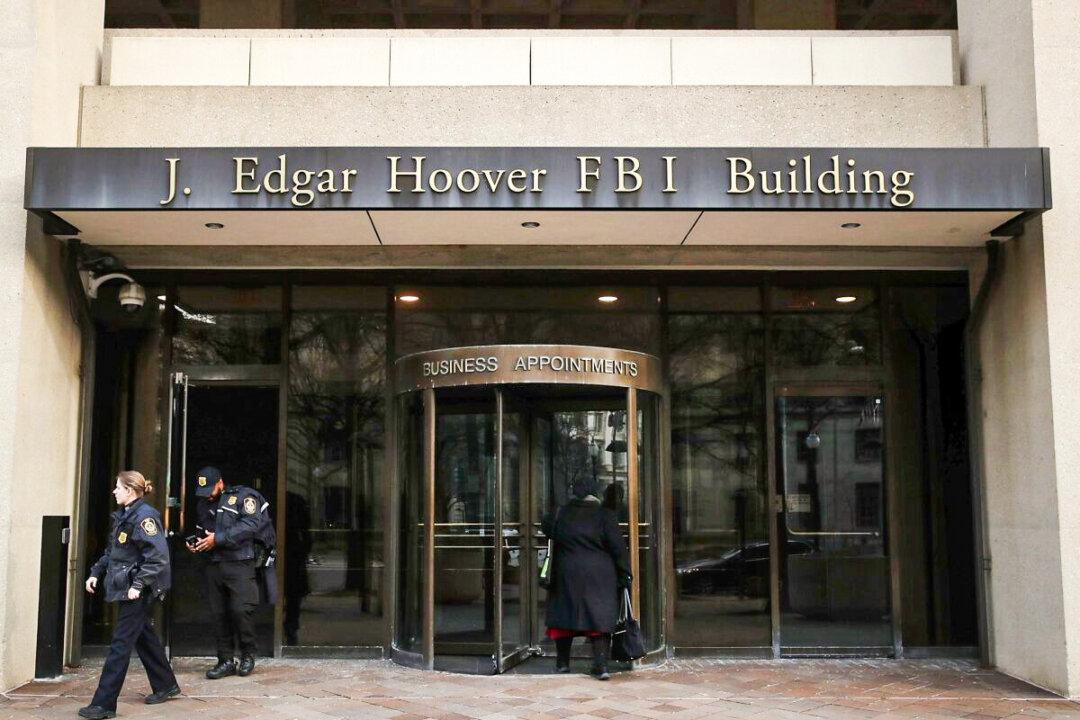The FBI set up a command post ahead of the 2020 election and set up a nationwide system that conveyed election-related posts to social media platforms so the platforms could take them down, an FBI agent testified in a recent deposition.
The information would be provided by FBI field offices and the bureau’s headquarters about “disinformation,” primarily regarding the time, place, or manner of elections, according to Elvis Chan, the assistant special agent in charge of the Cyber Branch for FBI’s San Francisco Division. The posts were passed to the FBI San Francisco office’s command post, which was set up days before the election and run through election night.





